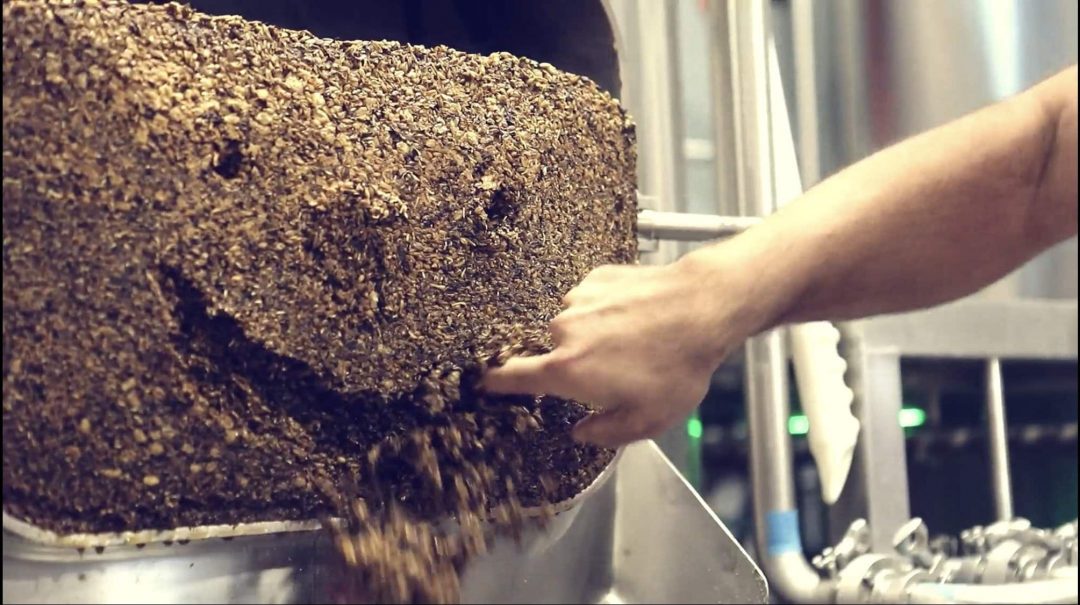
In a major step toward sustainable food innovation, researchers at Shoolini University’s School of Bioengineering and Food Technology, in collaboration with Cranfield University, UK, have developed a method to convert brewery waste into xylitol—a natural, low-calorie sweetener known for its health benefits.
This breakthrough aligns with global Sustainable Development Goals (SDGs) and reflects Shoolini University’s ongoing efforts to find environment-friendly solutions in food and biotech research.
Brewers’ Spent Grain (BSG), a major byproduct of beer production, is typically discarded or used as animal feed. Despite being rich in fibre, protein, and essential nutrients, BSG remains underutilised in the food industry. The Shoolini research team saw an opportunity to change that.
Led by Assistant Professor Srishti Mathur from the School of Bioengineering and Food Technology, Prof Dinesh Kumar, and Prof Vinod Kumar, the team used a microbial strain—Pichia fermentans—sourced from Cranfield University to extract xylitol through an advanced fermentation process. Their work demonstrated that BSG can be repurposed as a valuable sugar substitute with wide applications in the health and food industries.
“Xylitol is not only safer for people with diabetes, but it also contains 40% fewer calories than regular sugar and helps reduce cavity-causing bacteria,” said Dr Dinesh Kumar. “By extracting it from waste, we’re solving two problems at once—reducing food waste and offering a healthier sugar alternative.”
Though still in its early phase, the project has shown promising results. The next stage will focus on refining the purification process and scaling up production to make the method commercially viable.
Xylitol’s low glycemic index (GI 7) makes it suitable for diabetic-friendly diets. Its presence in sugar-free gums, toothpaste, and low-calorie foods is growing globally, and it's been recognised as safe for consumption by both the WHO and FDA.
The research also showcases Shoolini University’s commitment to sustainability through biorefinery approaches—turning waste into opportunity. “This isn’t just about sweeteners,” said Prof Vinod Kumar. “It’s about creating a circular, more resource-efficient economy.”
By developing a clean, scalable solution for brewery waste, Shoolini researchers are supporting the brewing and food industries and contributing to larger goals of sustainable production, waste reduction, and public health.
This achievement further strengthens Shoolini University’s position as a leading centre for biotechnology and food technology research in India.
Ahana Nath
